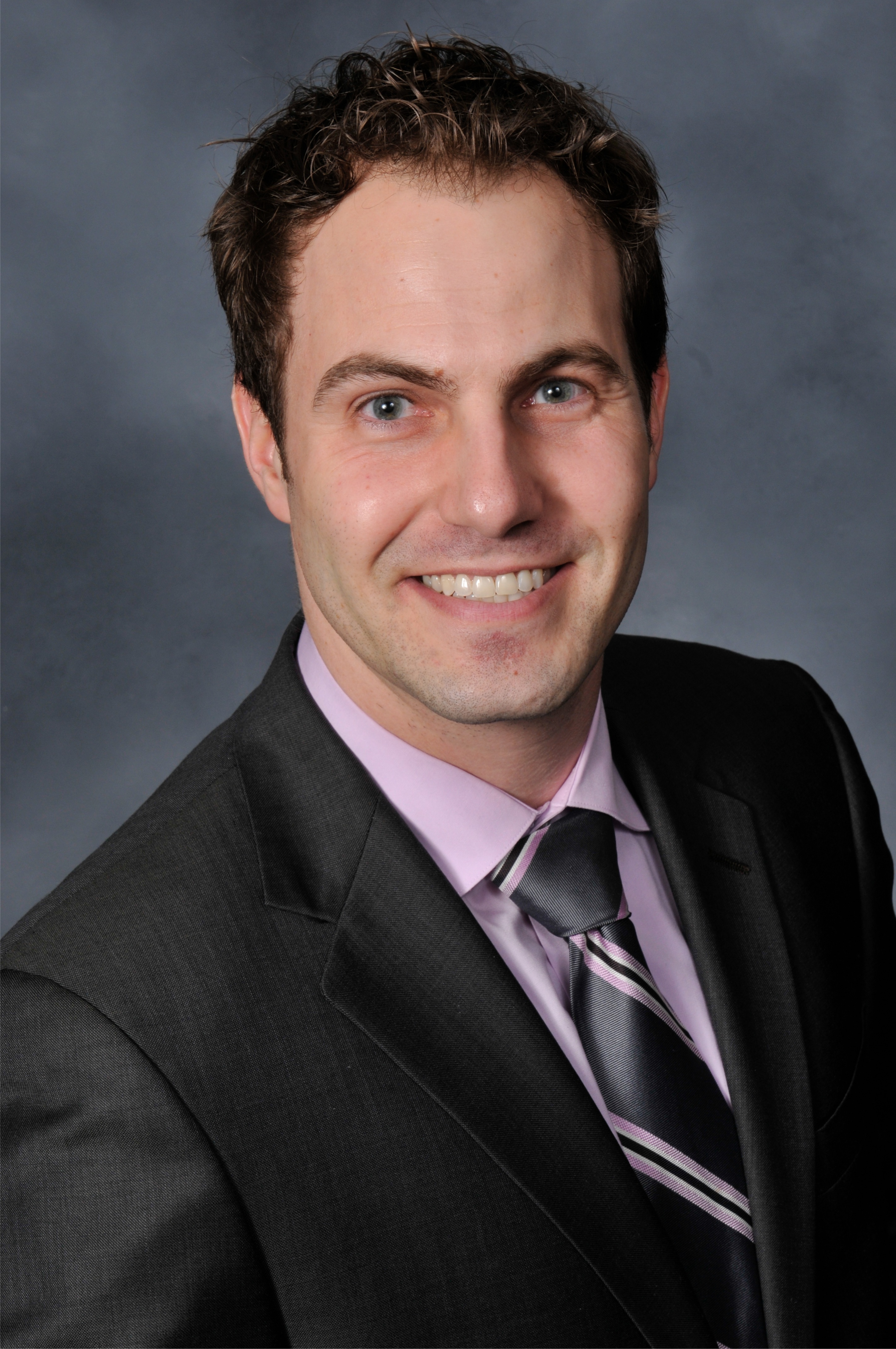Smoking & Sinusitis
 |
Douglas Leventhal, M.D. Board Certified Otolaryngology-Head & Neck Surgery with special interest in Rhinology and Facial Plastic & Reconstructive Surgery Physician at ENT & Allergy Associates Oradell, NJ About the author: Dr. Leventhal graduated with high honors from the University of Wisconsin-Madison. He earned his medical degree from UMDNJ, graduating first in his class. He then completed his surgical internship and residency in Otolaryngology – Head & Neck Surgery at Thomas Jefferson University Hospital in Philadelphia, PA. Following residency, Dr. Leventhal went on to receive advanced fellowship training in Facial Plastic & Reconstructive Surgery at New York University in New York City. |
You can add nasal congestion and recurrent sinus infections to the myriad of health problems that come from smoking. There are glands inside the nose that produce mucous which in addition to moisturizing the nasal lining, also filter foreign particles such as dust and other allergens, chemicals, bacteria, and viruses that enter our nose when we breath. Other cells within the nose contain little hairs or cilia which beat in unison and sweep the mucous towards the back of the throat to be swallowed and neutralized in the stomach or coughed up. This is called mucociliary clearance and this is the first line of the airway defense against pathogens and other noxious pollutants.
Cigarette smoke (either by smoking or exposure from second hand smoke) causes irritation of the delicate lining inside the nose. Compounds such as hydrogen cyanide, acrolein, formaldehyde, ammonia, and phenols found in cigarette smoke are toxic to nasal cilia. These cigarette smoke particles have been shown to decrease the frequency in which the cilia beat, decrease the number of cilia, and change the viscoelastic properties of the mucous. It has also now been shown that both active and passive smoking cause a delay in the mucociliary clearance time. When there is a disturbance in mucociliary clearance, the mucous in the nose becomes stagnant. This leads to swelling and inflammation that can block the regions where the sinuses normally drain. All of these changes create a favorable environment for bacterial overgrowth and a sinus infection.
Smoking cessation can reverse or partially reverse some of these nasal changes. In addition to quitting smoking, nasal saline rinses (ie. NeilMed® Sinus Rinse or NeilMed® Netipot) have been shown to have beneficial effects on overall sinus and nasal health. They help to moisten the mucous membranes and may promote mucociliary clearance. The flow of the saline through the nose can flush out dirt, airborne allergens (dust and pollen), pollutants and bacteria-filled mucus. While all of these measures will help the inflammation in the nose, this is just one more reason to quit smoking.
(20929)
Smoking actually is not good for health. It’s dangerous. Passive smokers are getting bigger risk to get deadly diseases such as sinusitis, cancer, and so on. They are accustomed to breathe clean air and if they breathe this smoke, for those who have weak immune system, then they can be infected too.
Angela Franck Stevenson liked this on Facebook.
Mary Lee liked this on Facebook.
Haylee Wallwin liked this on Facebook.
Billy Ramsey liked this on Facebook.
Peggie Prillaman liked this on Facebook.
Daiana Lavinia Vicol liked this on Facebook.
Shabna Syed liked this on Facebook.
Michael T Hackett liked this on Facebook.
Carl Farris liked this on Facebook.
Carl Ed Moore liked this on Facebook.